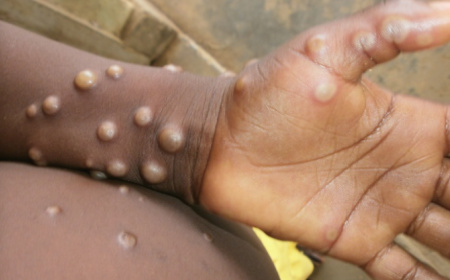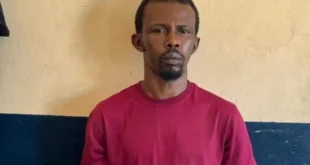
The World Health Organization (WHO) has once again declared Mpox, a highly contagious disease formerly known as monkeypox, a global health emergency. This marks the second such declaration in just two years.
Mpox has been particularly deadly during its recent outbreak in the Democratic Republic of Congo, where it has claimed the lives of at least 450 people. The virus has since spread to other parts of central and east Africa, alarming scientists with the rapid transmission of a new, more lethal variant.
WHO Director-General Tedros Adhanom Ghebreyesus expressed deep concern over the virus’s potential to spread further both within Africa and internationally. “The potential for further spread within Africa and beyond is very worrying,” he stated, emphasizing the urgent need for a coordinated global response to halt the outbreak and save lives.
The declaration of Mpox as a public health emergency is intended to accelerate research, funding, and the implementation of international public health measures. The virus is currently circulating in two main strains: Clade I, which is endemic to central Africa, and Clade Ib, a newer and more virulent variant that has been described by scientists as the “most dangerous yet.”
Mpox spreads through close contact with an infected person, including sexual contact, skin-to-skin interaction, and close-range talking or breathing. The disease can cause severe lesions across the body and can be fatal in some cases.
Since the beginning of the year, over 13,700 cases have been reported in the Democratic Republic of Congo, with the virus now detected in several other African nations, including Burundi, the Central African Republic, Kenya, and Rwanda.
This is not the first time WHO has declared a public health emergency due to an Mpox outbreak. In July 2022, a milder strain known as Clade II spread to nearly 100 countries across Europe and Asia but was eventually controlled through targeted vaccination efforts.
On Tuesday, the Africa Centres for Disease Control and Prevention also declared a public health emergency, with its head, Jean Kaseya, warning that the situation could spiral out of control without immediate and aggressive containment measures. “We must be proactive and aggressive in our efforts to contain and eliminate this threat,” Kaseya urged.
 GhArticles.com Every News in Detail
GhArticles.com Every News in Detail


